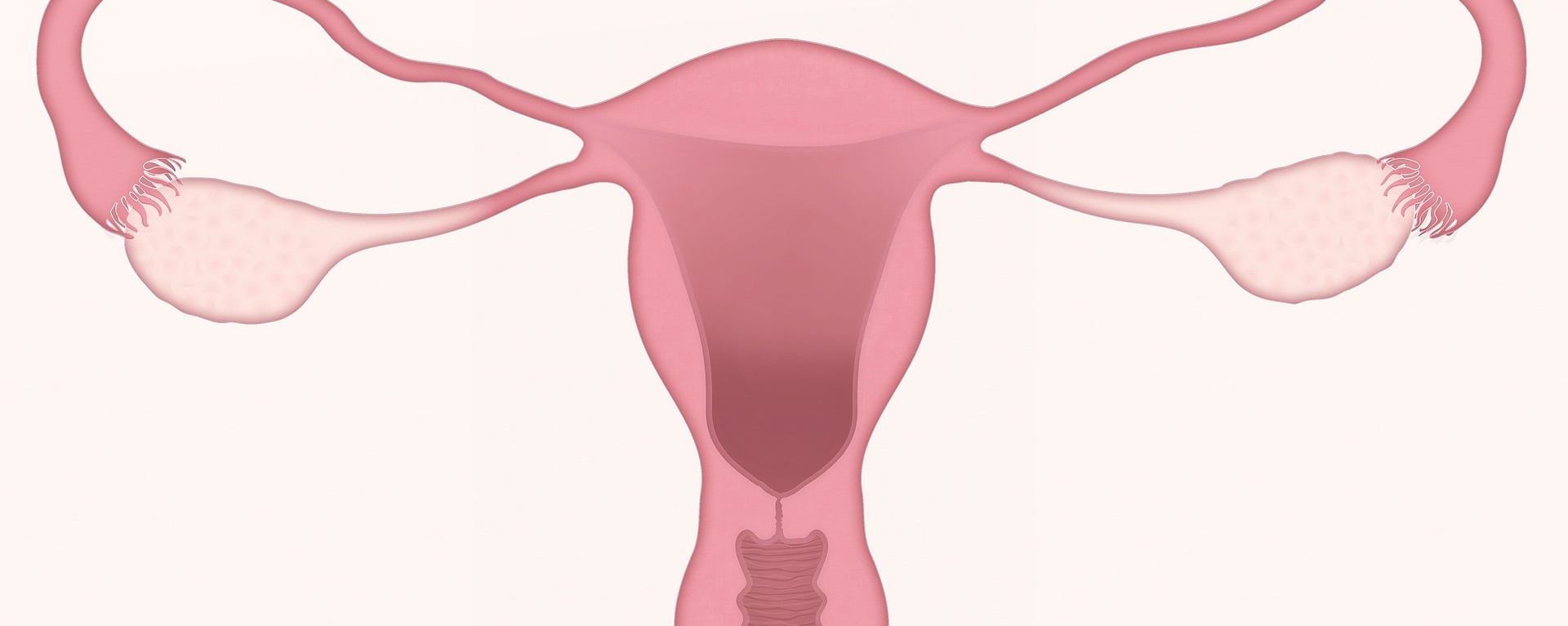PCOS - Can nutritional therapy help?
Posted by Rebecca
Polycustic ovarian syndrome (PCOS)
What is PCOS? What causes it? What are the signs and symptoms? How do I treat it?
Polycystic Ovarian Syndrome (PCOS) affects at least 1 in 10 women in the UK. The true number may be higher, as many women don’t realise they have it. As it is a condition that affects more than just periods, nutritional therapy is well placed to help.
As a functional-medicine-trained nutritionist, I take a whole-body approach to caring for my clients, looking at all the body systems and how they interact. PCOS affects several different systems: from metabolic balance and menstruation to fertility and mood, which means that simply taking oral contraceptives does nothing to get to the root cause of the problem.
What are the signs and symptoms of PCOS? Symptoms of PCOS include: 👉 Irregular or missing periods 👉 Hirsutism: unwanted facial and/or body hair 👉 Difficulty getting pregnant 👉 Weight gain and difficulty losing weight 👉 Changes to hair on the scalp – thinning, oiliness 👉 Acne and oily skin 👉 Low mood and depression It is possible to have cysts on the ovaries (polycystic ovaries) without having PCOS! Many women have ovarian cysts without ever knowing about them. With PCOS, insulin levels are much higher than normal. This affects weight balance and fertility and causes the ovaries to produce too much testosterone. There may also be altered levels of other hormones that control the menstrual cycle like luteinising hormone, progesterone, and follicle-stimulating hormone.
What is insulin resisance? With PCOS, the high levels of circulating insulin mean that cells stop responding to it. When insulin can’t transport glucose into cells, the glucose stays in the bloodstream. This increases the risk of developing Type-2 diabetes and contributes to weight gain – especially around the belly area. A nutrition plan that focuses on blood sugar regulation is key for managing PCOS and insulin resistance, and can help support weight loss.
What foods affect PCOS?
There’s a lot of information on the internet about low-calorie and carb-free diets for PCOS, but the truth is there isn’t one diet that suits all women with PCOS.
However, some foods can make symptoms worse and are best minimised as much as possible:
- Refined carbohydrates and sugary foods
- Alcohol
- Processed foods containing trans fats or high amounts of refined seed oils.
These foods add to problems with blood sugar regulation and contribute to inflammation and hormone imbalance.

Should you eat carbs with PCOS? Carbs are not the enemy! We need carbohydrates for thyroid and brain function and making sustainable energy. It’s all about the type and quantity of carbohydrates. The best carbohydrates to include are those from wholegrains and pseudo-grains like oats, brown rice, quinoa, amaranth, and buckwheat, and root vegetables like carrots, sweet potato, and beetroot. These have a low glycaemic index and release their natural sugars slowly, helping with blood glucose regulation. Research has shown that a low-glycaemic diet can improve menstrual regularity, insulin resistance, and quality of life for PCOS sufferers.
Protein for PCOS Good quality protein is vital for blood sugar control. Including a palm-sized portion at each meal alongside complex carbohydrates and colourful non-starchy vegetables helps provide steady energy levels and a range of nutrients. Opt for eggs, oily fish, good quality meat, lentils, beans, nuts, and seeds. PCOS is a complex health issue and there’s no one-size-fits-all approach. Book a discovery call with me and take the first step towards a personalised nutritional therapy plan tailored to your PCOS needs.
Share this post:



